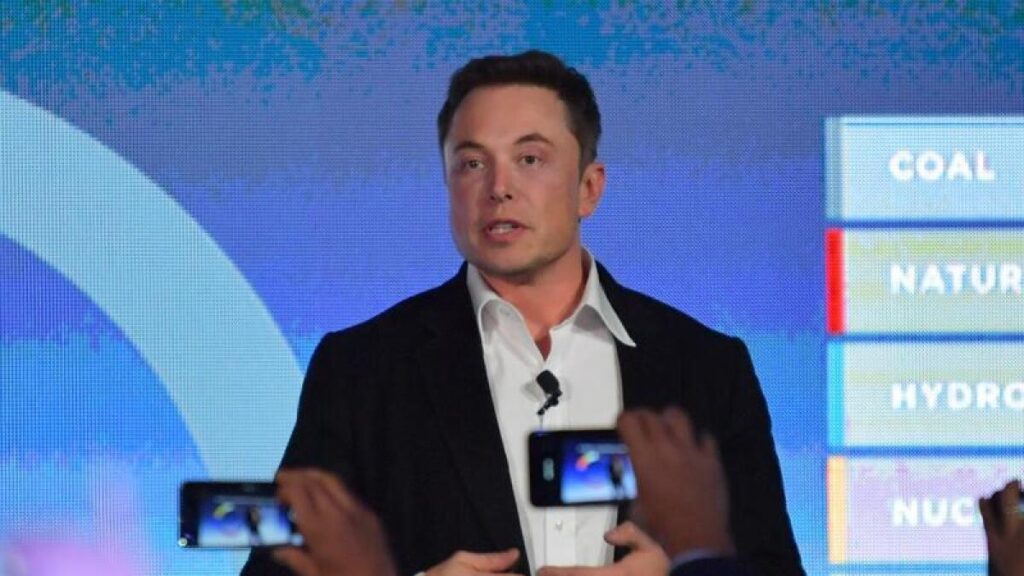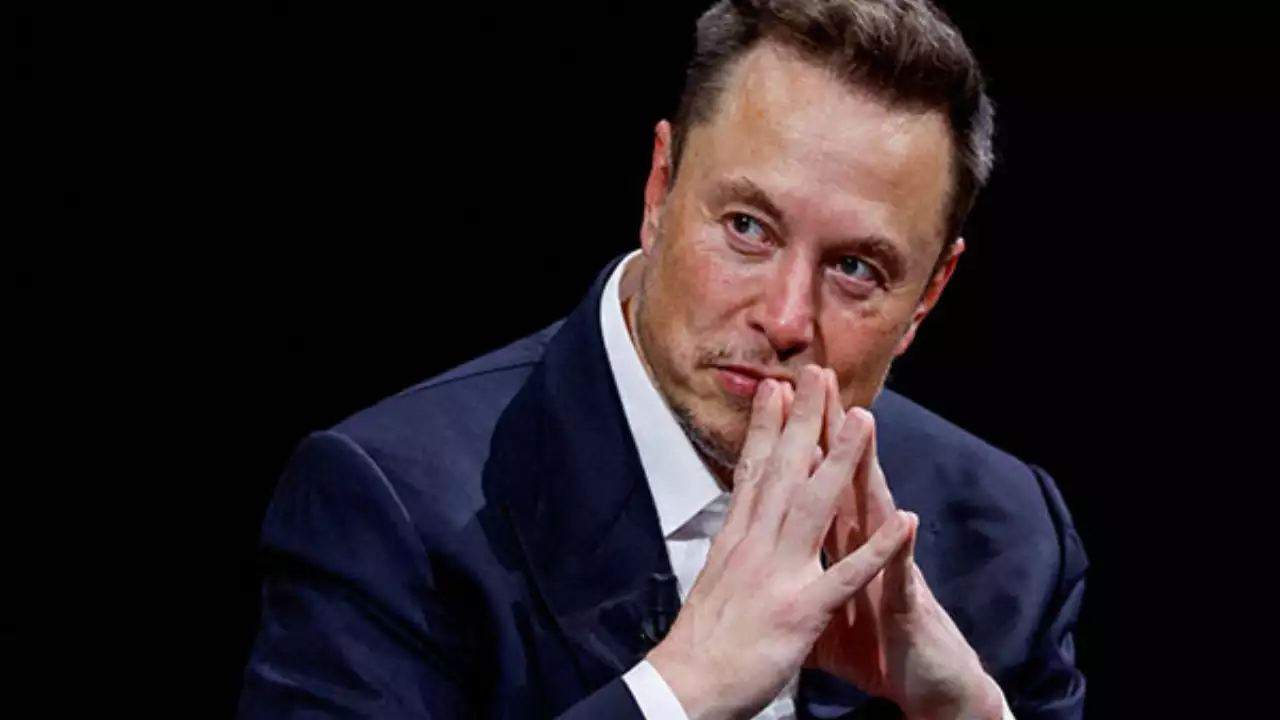X Declares Access in Brazil “Crucial for a Thriving Democracy,” Announces Plans for Return
Elon Musk’s X Requests Ban Lifting from Brazil’s Supreme Court After Compliance with Misinformation Orders
In a significant shift in strategy, Elon Musk’s social media platform, X, has communicated with Brazil’s Supreme Court to indicate its compliance with court orders aimed at curbing the spread of misinformation. In a document reviewed by Reuters, X has formally requested the court to lift the ban imposed on the platform, which has restricted access for users in one of its largest and most crucial markets since late August. This development marks a notable climbdown from Musk’s previous stance, which framed the court’s actions as “censorship.”
For over five months, Musk resisted the court’s orders, asserting that the restrictions imposed on X constituted an infringement on free speech. This ongoing conflict came to a head when the Brazilian court determined that the platform was not adequately addressing the issue of misinformation, leading to the suspension of access for Brazilian users. The court’s ruling was a substantial setback for X, given Brazil’s status as a significant player in the global social media landscape.
The recent compliance with the court’s demands indicates a strategic pivot for X, as it seeks to regain access to the Brazilian market. Sources close to Musk suggest that there is optimism surrounding a swift resolution, with expectations that the service could be restored in just a few days. The restoration of access is viewed as vital not only for X’s user base but also for its advertising revenue and overall influence in the region.

The implications of this case extend beyond the immediate future of X in Brazil. It raises broader questions about the responsibilities of social media platforms in managing misinformation and the balance between regulation and freedom of expression. Musk’s firm opposition to the court’s initial rulings underscored a growing tension between tech giants and governments regarding content moderation policies.
As the Brazilian Supreme Court deliberates on X’s request, the outcome could set a significant precedent for how social media companies navigate legal challenges in different countries. It also reflects the challenges that arise in the global digital landscape, where regulations can vary widely, influencing how platforms operate and interact with users.
In conclusion, the ongoing saga between Elon Musk’s X and Brazil’s Supreme Court underscores the complexities of managing misinformation while maintaining user engagement in a democracy. With both sides appearing to make concessions, the resolution of this dispute could pave the way for a new chapter in the relationship between social media platforms and regulatory bodies, shaping the future of online discourse in Brazil and beyond.


















